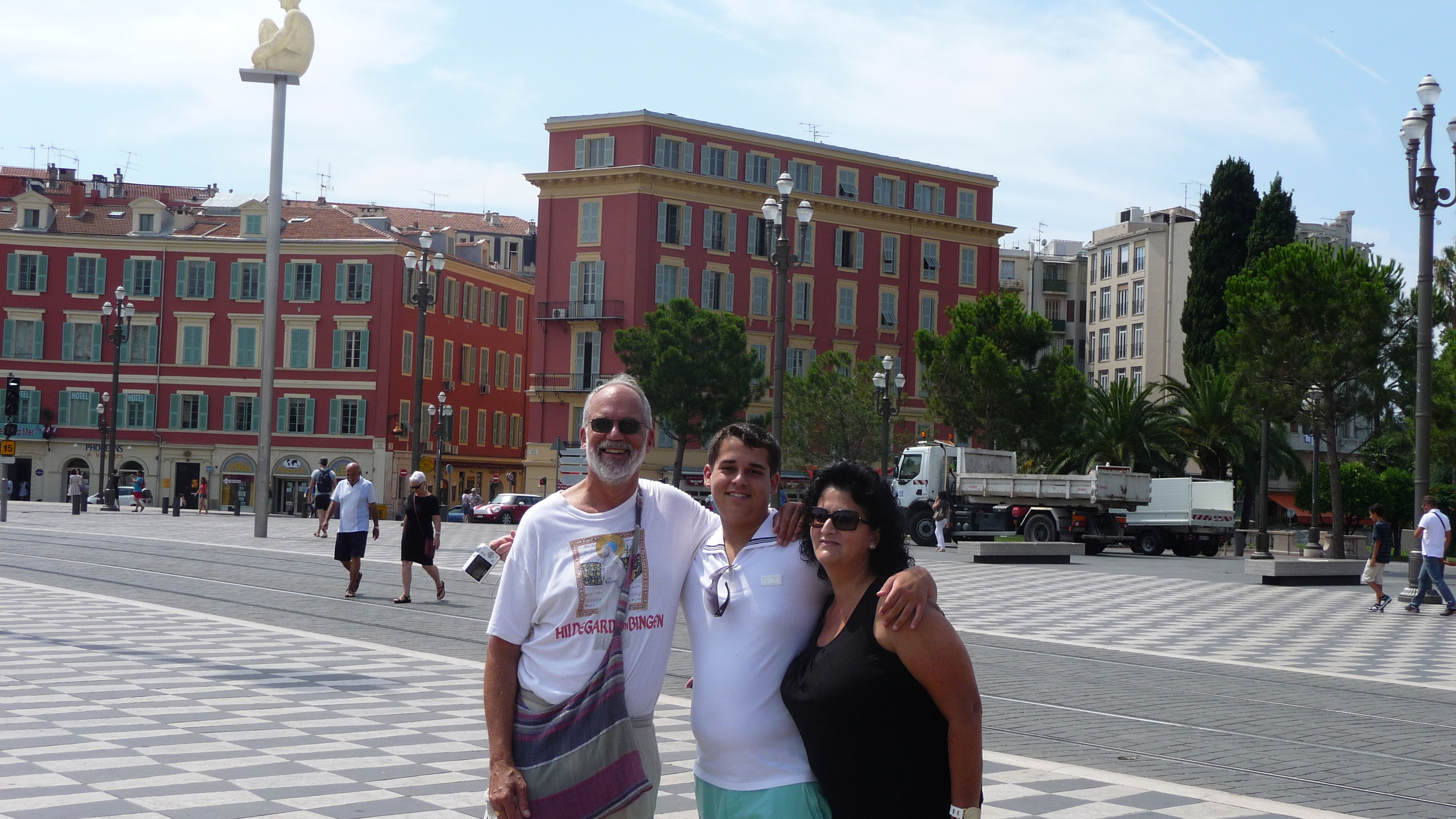Compared to many people, I think I was very lucky to have a childhood full of European voyages, trips across the American continent, and frequent cultural excursions… even in my hometown of New York. Whether it was exploring a deep crevice of a New York Museum or walking along the streets of Monaco, I definitely feel as if my childhood was full of exposure to culture and to class.
Something that my childhood lacked, however, was the foresight to see that these places I visited are not immune from damage or change.
After eighth grade, my mother took me on a trip to the South of France. We stayed right on the French-Monaco border. My interest in Italian history was piqued, because this region was all once considered very Italian. The French city of Nice has been known by the alternative name Nizza for years, and many people there continue to speak Italian to this day. In fact, the ruling family of the Kingdom of Italy was descended from Dukes in this area of France.
During this trip, we frequently made visits to Nice, and I felt very connected to my heritage. It was so interesting to walk around a thoroughly Italian city that wasn’t… in Italy (or in New York for that matter).
No one could understand the pain I felt when I discovered that Nice was attacked on Bastille Day last week. This wasn’t the first city that I’ve visited that’s recently been the site of a terrorist attack. I’ve been to Paris and London, I’ve lived in Jerusalem, and my father saved 13 people on 9-11 in New York City. But Nice is rather a different story.
Put simply: Nice is a bit out of the way. Sure, it’s culturally important. But there are definitely people who haven’t heard of it. We’re trained to believe that the smaller cities are places where culture is forever preserved, untouched from the outside world. For example: Berlin is the capital of Germany, but if you want to see real German Culture… go to Baden-Baden. France is similar. We might expect Paris to be a bit more prone to the ebb and flow of world events. But we don’t expect Nice to get caught in that tide.
We need to reanalyze how we understand urban acts of terror, and we also need to rethink the attention given to smaller cities in national strategies for protection and defense. Smaller cities, in a very simple sense, need PR. They tend to be overlooked by national or federal defense agencies, and many governments just assume that they couldn’t possibly exist on any terrorist’s agenda. Nice proves the fallacy of that assumption, and the lethal consequences.
What’s one way that smaller cities can be taken out of the woodwork and pushed into national and international scopes of attention? Larger cities should start doing business with them! We need to have more projects where companies based in the larger cities find their “little brothers” in the towns beyond. Let’s shine the spotlight on smaller cities, so they too can have the attention they deserve, and the protection that they need.

